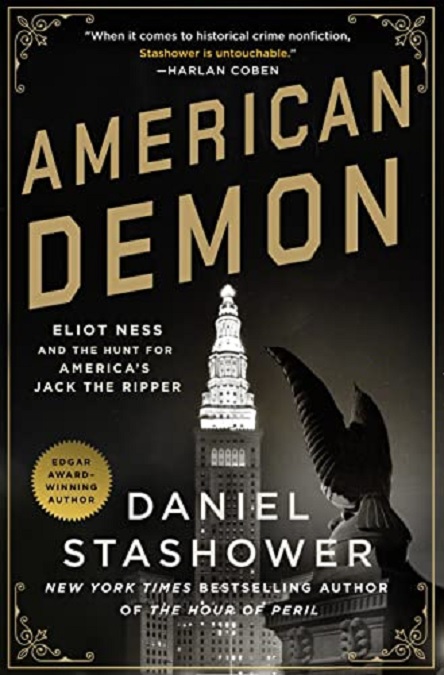
Do you like Godzilla?
You better! Seriously, for over 60 years, Godzilla has been the rightful king of the monsters and not even a few less-than-perfect films have been able to knock him off of his throne. He started out as a symbol of the nuclear age, a prehistoric monster brought back to life by man’s arrogance and war-like nature. He eventually became mankind’s protector but then deciding that he no longer cared for mankind. And then, like many international stars, he ended up making movies for the American studios. It’s an epic story and it’s hard not to like the big monster at the center of it. If, for some reason, you don’t like Godzilla, maybe Graham Skipper’s new book, Godzilla: The Official Guide To The King of the Monsters, will change your mind.
Godzilla: The Official Guide To The King of the Monsters is exactly what the title says. It’s a guide to all of Godzilla’s adventures, from his first appearance in the 50s all the way through his animated films and the current American version. (Perhaps not surprisingly, the 1998 version of Godzilla is only afforded a few paragraphs.) Helpfully, Skipper divides his overview into ears, so you can see how Godzilla changed as he moved from studio to studio. Skipper also takes a look at Godzilla’s existence outside of the movies, as a comic book mainstay and an occasional television guest star. The book is written with a lot of obvious affection for Godzilla in all of his incarnations and reading it will remind you of why Godzilla’s films — yes, even Son of Godzilla — are so much fun to begin with. Skipper includes a lot of trivia, some of which was new to even me. Such as, did you know that Luigi Cozzi re-edited and colorized the original 1954 Gojira for a 1970s release in Italy?
The book is also heavily-illustrated, featuring a lot of shots from the films and behind-the-scenes pictures of Godzilla and all of his colleagues. As I read the book, it occurred to me that, as goofy as Jet Jaguar was, it’s still nice that Godzilla had a friend. As well, as I looked at the pictures, it occurred to me that, even in the later films when Godzilla had been transformed from a truly fearsome symbol of the nuclear age to a somewhat goofy rubber monster, there was still an undeniable majesty to him as a creation. Even at his worse, Godzilla still looks like a king.
I picked up a copy of this book on the day after Christmas and I’m glad I did. Not only does it celebrate Godzilla but it also provides me with a guide because, over the next 12 months, I hope to watch every Godzilla film that’s ever been made. (I’ve seen the majority but, as this book reminded me, there’s still a few that I missed.) For the record, I still think that Godzilla vs Destoroyah is the best of the Godzilla films but who knows? Maybe my mind will have been changed by December.
Humanity has survived a lot over the past few years and I’m happy to say that Godzilla has survived with us. Graham Skipper’s Godzilla helps to explain why.

